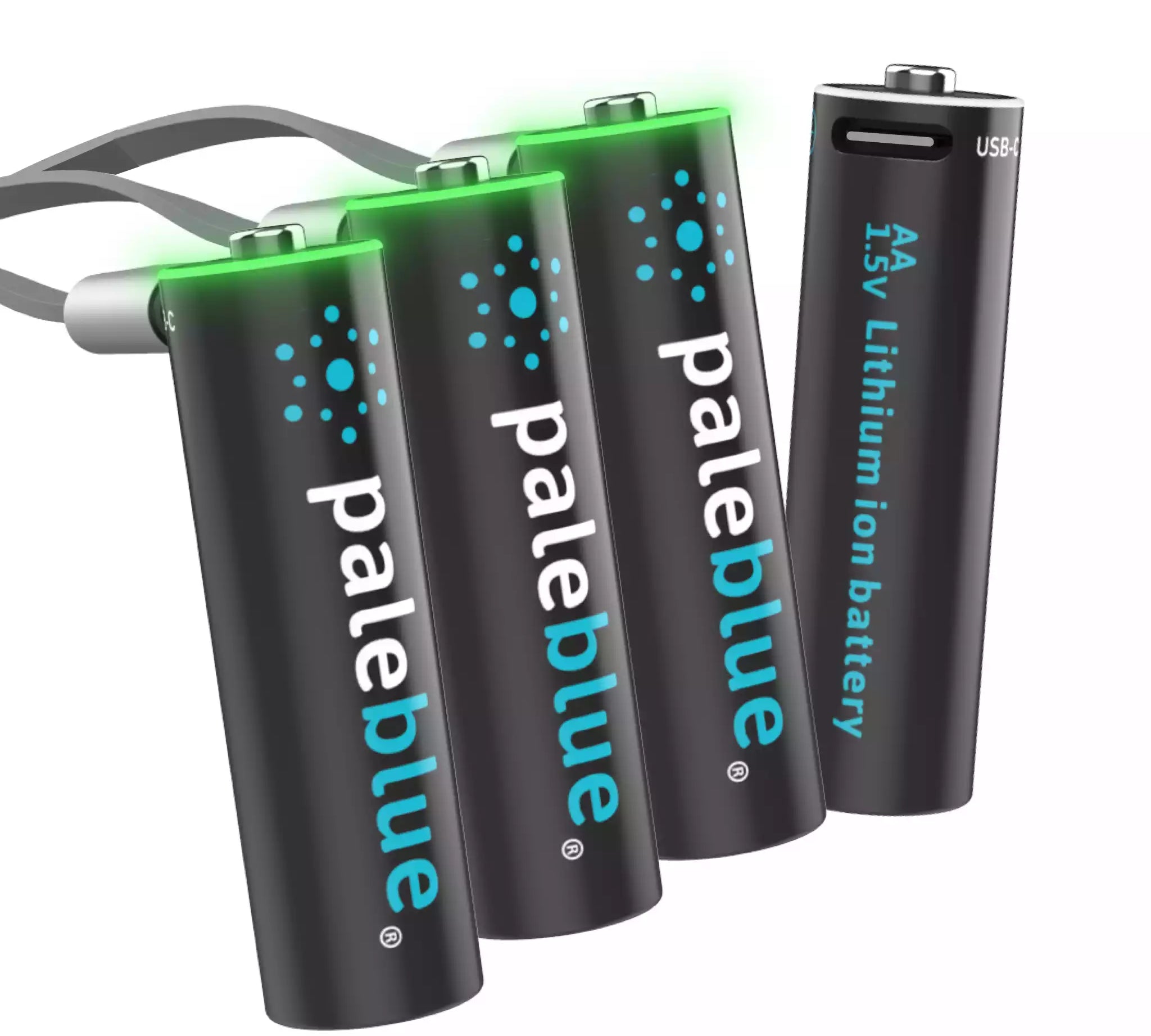5 Strategies for Reducing Your Own Waste Stream

The total volume of waste humanity produces is referred to as the 'waste stream'. We all contribute to it, potentially harming the planet in the process. Each of us have our own individual waste streams that feed into the conceptual global waste stream.
If we could all reduce our individual streams, the collective stream would get smaller. So, can we do that? Absolutely. In practical terms, doing simple things like carrying our own reusable travel mugs to the coffee to avoid single use cups will add up and also set a good example for others. Over time and across large groups of individuals, lots of little efforts create big results when added together.
With that in mind, below are five waste-reducing strategies that are more broad in scope. We have created our own WASTE acronym to make the point:
-
Watch what you do
-
Ask more questions
-
Strategize achievable solutions
-
Track the results
-
Enjoy the benefits
Putting all five of these things together can help anyone reduce their individual waste stream. Let us look at each one a bit more closely:
1. Watch What You Do
The first strategy is designed to help you understand just how much waste you produce. Watch what you do on a day-to-day basis. Every time you see yourself generating or disposing of waste, write it down. You might be surprised how long your list grows, even after just a few days. Do this for a couple of weeks and you will get a good idea of how large your stream actually is.
2. Ask More Questions
Once you have a tangible list of real-life choices that lead to waste, start asking questions. For example, why do you use paper towels at home instead of washable hand towels? Why do you buy single-use batteries instead of USB-C rechargeable batteries?
Asking ourselves how and why we produce waste forces us to reconsider our choices. It can be uncomfortable, but it is important if we are to contribute to a global improvement.
3. Strategize Achievable Solutions
Answering the tough questions is meant to facilitate workable solutions. So with each answer, strategize a better way of doing things. The previously mentioned battery example offers a perfect illustration. If you use alkaline batteries simply because they are cheaper at the cash register, sit down and do the math. You will discover that rechargeable batteries are less expensive in the long run and create a lot less packaging waste. Now you have a workable solution: buy rechargeable batteries instead of alkaline ones.
4. Track the Results
Few things are as motivating for reducing waste than actually seeing the positive results that come from it. That being the case, we encourage you to track the results of your waste-reducing efforts. Track how many batteries you actually throw away after making the switch to USB-C batteries from Paleblue. Track how often you replace the liner in your kitchen garbage can after switching to washable plates and cutlery.
5. Enjoy the Benefits
A secondary motivation for reducing waste is enjoying the benefits that come with it. Though there are exceptions to the rule, most efforts to reduce waste end up saving you money. It is cheaper to wash your dishes than to continue buying paper and plastic. Rechargeable batteries are cheaper in the long run because you end up buying fewer units over time.
There are other benefits as well, including the sense of accomplishment that comes with knowing that you are contributing to a more sustainable world. In the end, this is what this is all about. Whether it is batteries, kitchenware, or any other type of waste, reducing your individual waste stream is about being more sustainable.







